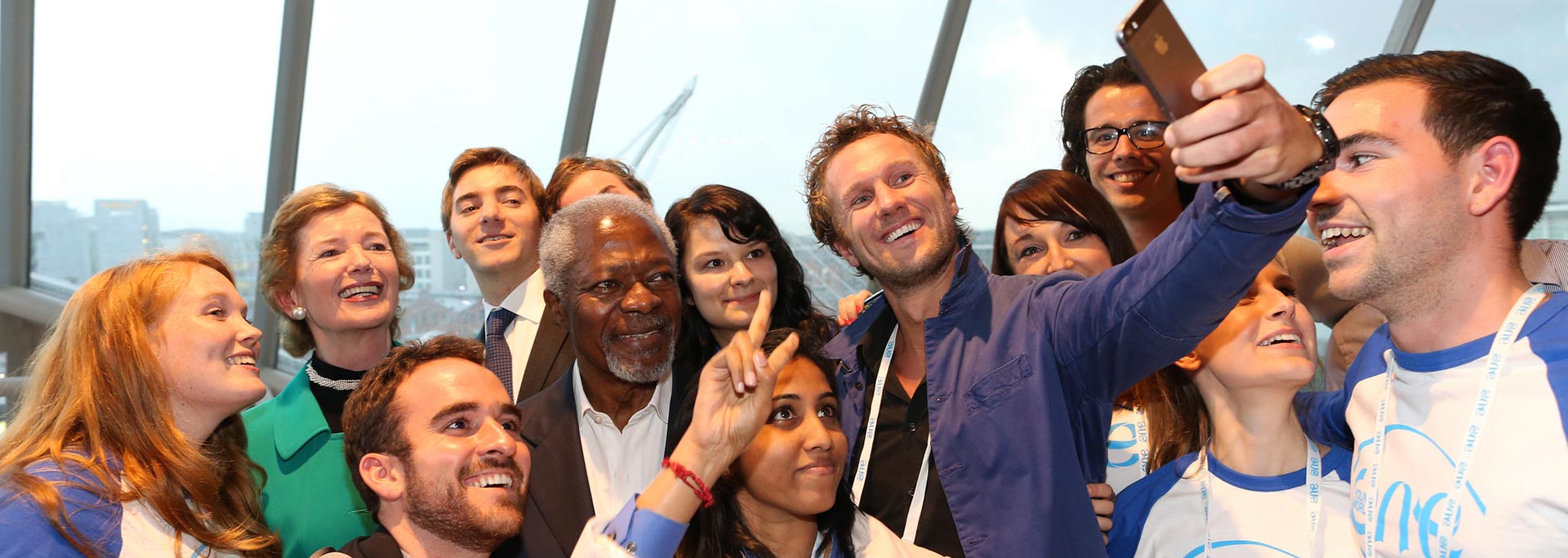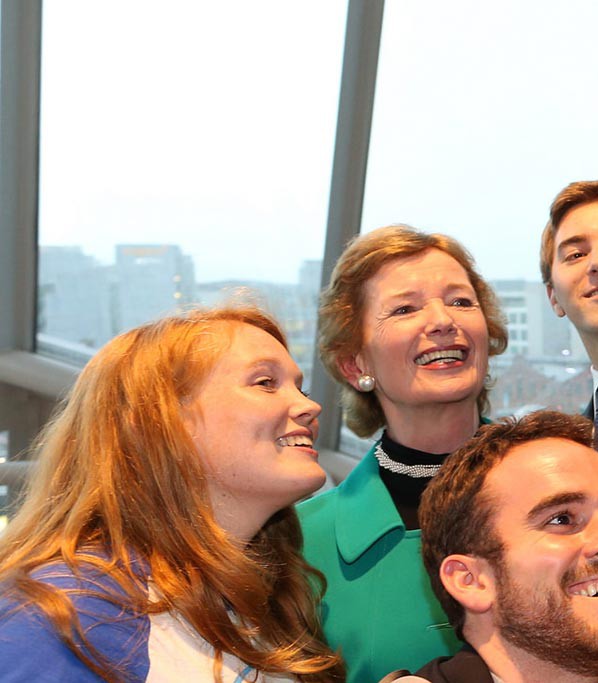Historically climate policy has not addressed the differing ways in which climate change affects men and women. Given existing gender inequalities and development gaps, climate change ultimately places a greater burden on women. Men and women are affected by climate change in different ways, because of the societal and cultural roles and responsibilities made on them by families and communities. For example, in many communities women are the primary food producers and providers of water and cooking fuel for their families, therefore they have greater responsibility for family and community welfare.
Understanding that climate change impacts on men and women differently, it is therefore necessary to ensure that we have gender sensitive climate policies that are informed by women and address the realities of women’s needs. Women can and are leading on climate action but they need to be better represented in climate decision making at all levels.
Ensuring the participation of women, especially those at the grassroots level, in international fora is therefore a priority for the Foundation. It aims to strengthen women’s leadership roles in order to facilitate more gender responsive action on the ground. This specifically includes promoting gender equality and improving the participation of women in the implementation of the Sustainable Development Goals and, in particular, the UNFCCC process as set out in the Lima Work Programme on Gender (decision 18/CP.20), and the ‘Doha Miracle’ gender decision (decision 23/CP18) that was agreed by all Parties to the UNFCCC at COP 18:
‘Promoting gender balance and improving the participation of women in UNFCCC negotiations and in the representation of Parties in bodies established pursuant to Convention or the Kyoto Protocol.’
The Foundation’s work promotes women’s empowerment and gender equality, based on the Principles of Climate Justice, “Ensure gender equality and equity” and “Ensure that decisions on climate change are participatory, transparent and accountable”.
Participation is a human right and to enable participation by those who are most vulnerable, in particular women, the Foundation has taken an approach to convening and bridging grassroots practitioners with political leaders and policy makers, for example through the Troika+ Women Leaders’ Network on Gender and Climate Change, a network of high-level women from governments, UN bodies and Civil Society, whose meetings are facilitated by the Foundation.
The Foundation also works through and with a variety of partners and women’s networks as well as the gender constituency within the UNFCCC.
Find out more about the Leaders’ Forum on Women Leading the Way: Raising Ambition for Climate Action

